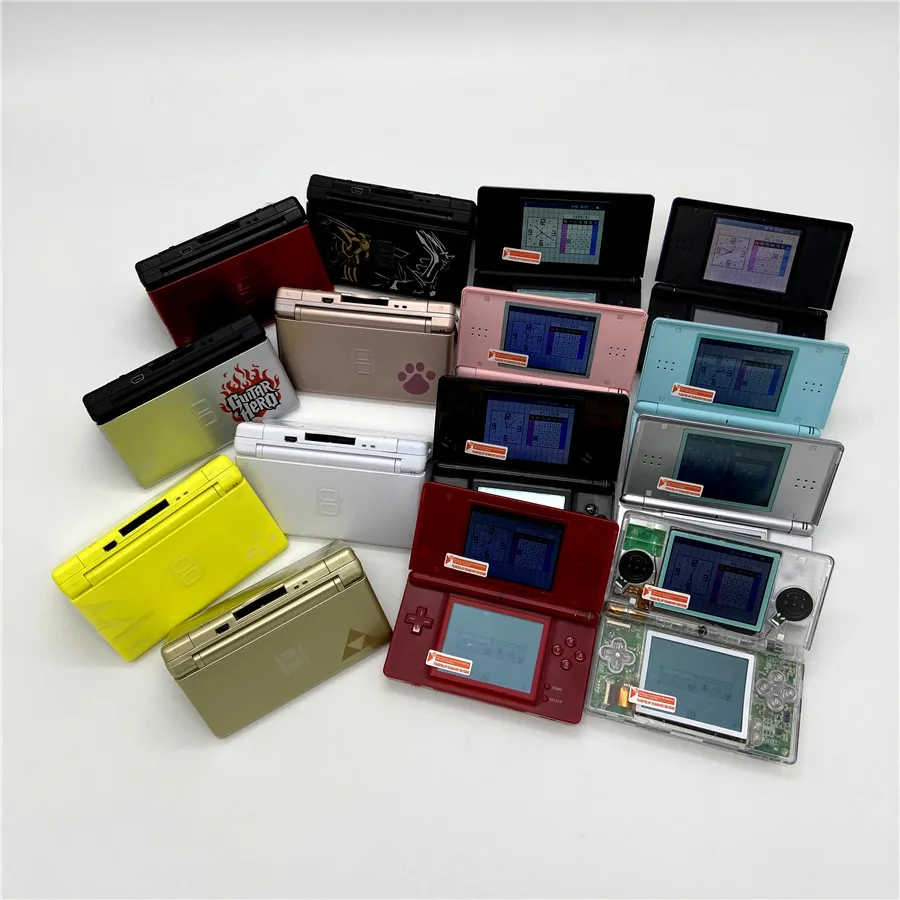Guest star: Kaaaaate

Intervista a David Trezeguet
- Quattro luglio duemila. Due giorni fa David Trezeguet ha segnato il golden goal per la Francia, battendo gli azzurri nella finale del Campionato europeo di calcio duemila. Oggi ha concesso un'intervista alla Gazzetta dello sport.
- Giornalista: David, com'è stato segnare questo gol importantissimo?
- Trezeguet: Faccio fatica a[sup](1)[/sup] descriverlo. È stato un momento completamente unico. Anche perché la partita è finita[sup](2)[/sup] così, subito dopo.
- Giornalista: Avete fatto un gran campionato.
- Trezeguet: È stato un campionato bellissimo per noi, ma anche gli azzurri sono stati fortissimi, sopratutto nella finale. Abbiamo sofferto tanto, ma poi è arrivato il pareggio di Wiltord. Quasi non ce l'abbiamo fatta[sup](3)[/sup].
- Giornalista: Adesso passi alla Juventus.
- Trezeguet: Sono molto entusiasta. Conosco il club molto bene grazie a Zizou che mi ha detto che è una società molto seria. Tra l'altro basta ricordare la Juventus degli ultimi anni ed è tutto chiaro perché ho accettato il transfer.
- Fourth of July two thousand. Two days ago David Trezeguet scored the Golden Goal for France, beating Gli Azzurri in the final of the 2000 European Football Championship. Today he's granted an interview to Gazzetta dello sport.
[Four July two-thousands. Two days ago David Trezeguet has scored the golden goal for the France, beating the blues in-the final of-the championship European of football two-thousands. Today has granted an-interview to-the Gazzetta dello sport.] - Journalist: David, how was it to score that incredibly important goal?
[David, how-is been score this goal very-important?] - Trezeguet: It's hard to explain. It was a completely unique moment. Also because the match ended like that, right afterwards.
[Do effort to explain-it. Is been a moment completely unique. Also because the match is finished like-that, immediately after.] - Journalist: You have played a great championship.
[Have done a great championship.] - Trezeguet: It's been a fabulous championship for us, but also Gli Azzurri have been very strong, above all in the final. We suffered a lot, but then came Wiltord's equilizer. We almost didn't make it.
[Is been a championship very-beautiful for us, but also the blues are been very-strong, above-all in-the final. Have suffered so-much, but then is arrived the equilizer of Wiltord. Almost not it it-have done.] - Journalist: Now you move to Juventus.
[Now go to-the Juventus.] - Trezeguet: I'm very enthusiastic. I know the club very well thanks to Zizou who has told me that it's a very serious organization. Besides, it's enough to recall the Juventus of the last few years and it's clear why I accepted the transfer.
[Am very enthusiastic. Know the club very well thanks to Zizou that me has said that is an organization very serious. Among the-other is-enough remember the Juventus of-the last years and is all clear why have accepted the transfer.]
- "faccio fatica a..." ~ "I struggle to...".
- "la partita è finita" ~ "the match ended", but in general simply "è finita" is often used to say "that's it", "it's over" etc.
- "ce l'abbiamo fatta" ~ "we made it", and in infinitive form: "farcela". "non ce la faccio più" ~ "I can't take it anymore" [not it it do more]. The "ce" looks completely pointless here and in fact it does nothing.
We have seen already how nouns have gender (masculine or feminine) and number (singular or plural). When we use adjectives with nouns they too must agree on the noun's gender and number. We have seen many examples of this:
- Masculine: il nuovo attaccante ~ the new attacker
- Masculine: Buoni, ragazzi! ~ be good, guys [good, guys]
- Masculine: il lato sinistro ~ the left side [the side left]
- Feminine: grandissima partita ~ great match
- Masculine: un gatto divertente ~ a funny cat [a cat funny]
- Feminine: sconfitta pesante ~ heavy defeat [defeat heavy]
- Masculine: lo schema giusto ~ the right strategy [the strategy right]
- Feminine: la maglia sbagliata ~ the wrong shirt [the shirt wrong]
- Masculine: gol importantissimo ~ very important goal [goal very-important]
- Masculine: gli azzurri fortissimi ~ the very strong blues [the blues very-strong]
- Feminine: una società seria ~ a serious organization [an organization serious]
- Feminine: la donna vecchia ~ the old woman [the woman old]
- Masculine: l'uomo vecchio ~ the old man [the man old]
- Feminine: le donne vecchie ~ the old women [the women old]
- Masculine: gli uomini vecchi ~ the old men [the men old]
- Feminine: la donna giovane ~ the young woman [the woman young]
- Masculine: l'uomo giovane ~ the young man [the man young]
- Feminine: le donne giovani ~ the young women [the women young]
- Masculine: gli uomini giovani ~ the young men [the men young]
 Buy on AliExpress.com
Buy on AliExpress.com




 É comprensibile.
É comprensibile.